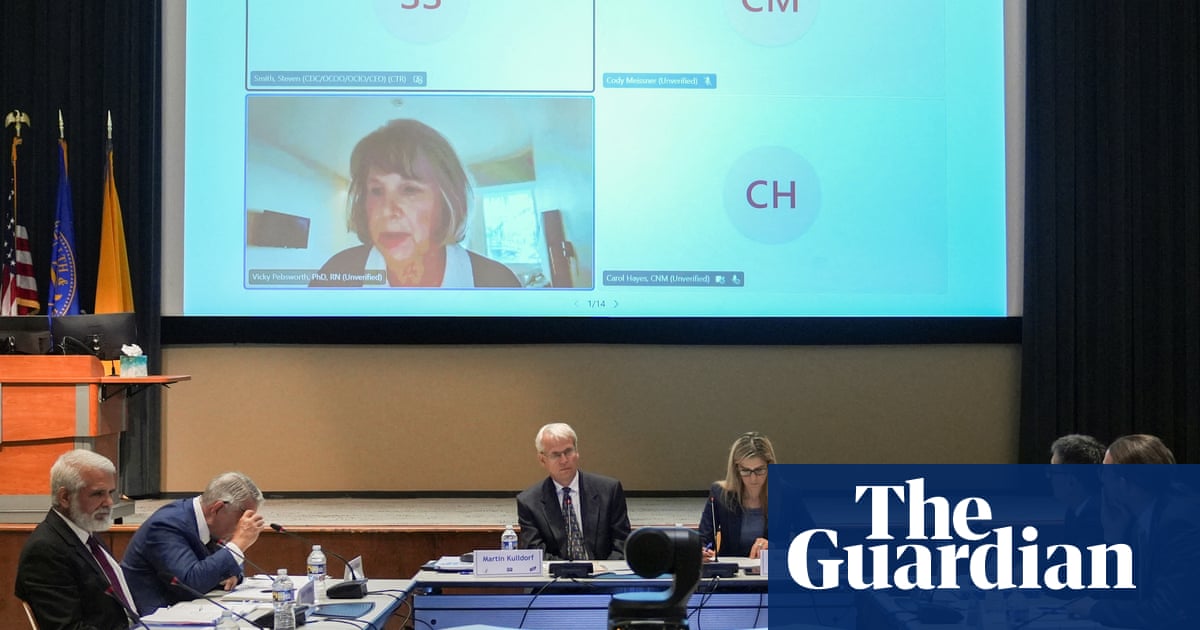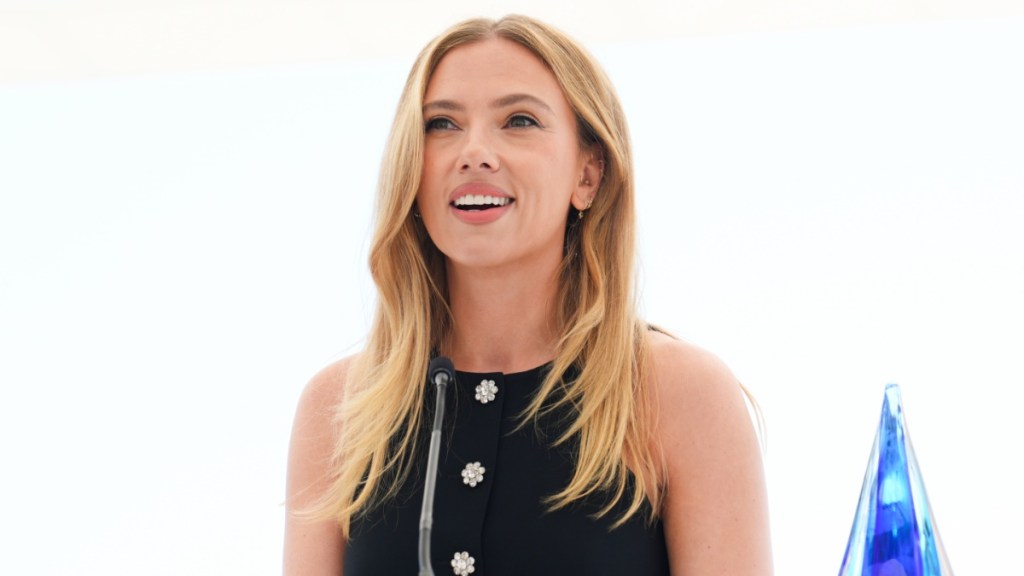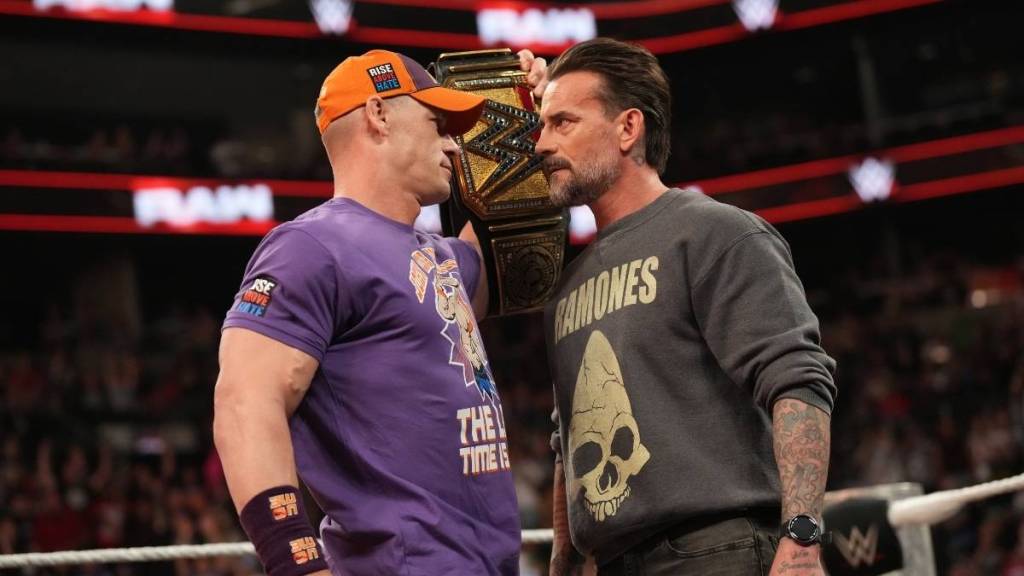RFK Jr’s Panel Endorses New RSV Treatment for Infants

WASHINGTON, D.C. – In a pivotal decision, Robert F. Kennedy Jr.’s newly formed vaccine advisory panel has endorsed a groundbreaking treatment to prevent respiratory syncytial virus (RSV) in infants. The recommendation comes shortly after the U.S. Food and Drug Administration (FDA) approved the monoclonal antibody, clesrovimab, marketed as Enflonsia by Merck.
Immediate Impact
The advisory committee’s endorsement marks a significant step in combating RSV, a leading cause of hospitalization among U.S. infants. The decision was made following a contentious vote, delayed by extensive questioning from the panel’s seven new members, all aligned with former Trump health secretary’s views on “overmedicalization.”
Key Details Emerge
The panel, formally known as the Centers for Disease Control and Prevention’s Advisory Committee on Immunization Practices (ACIP), plays a crucial role in determining vaccine distribution strategies. The recent overhaul by Kennedy, which replaced 17 members with hand-picked appointees, has stirred controversy within the medical community.
“I think we need to ask ourselves what the parent would say given this data,” remarked Dr. Retsef Levi, a professor at the Massachusetts Institute of Technology and vocal skeptic during the hearings. Despite his concerns, the panel recommended the treatment for infants under eight months old during RSV season.
Industry Response
Kennedy’s restructuring of the ACIP has been met with criticism from medical experts who argue that it undermines the committee’s integrity. The meetings have become essential viewing for those in scientific and medical circles, given the high stakes involved in the panel’s decisions.
By the Numbers
RSV hospitalizes between 2% and 3% of infants in their first year, with the majority having no underlying health conditions. Prior to 2023, no long-acting prevention for RSV was available.
What Comes Next
The panel’s agenda includes a discussion on the controversial use of thimerosal in influenza vaccines, a topic long debated by anti-vaccine advocates. The preservative, removed from childhood vaccines in the early 2000s, remains in multi-dose influenza vials, raising concerns about vaccine access and cost.
Background Context
Kennedy’s decision to dismiss the previous ACIP members in June, citing conflicts of interest, and appoint ideological allies has led to a reduced panel size. Dr. Michael Ross, one of the new appointees, resigned earlier this week after discrepancies in his employment credentials were revealed.
Expert Analysis
Experts emphasize the importance of protecting infants during their most vulnerable months. Adam McNeil, CDC deputy branch chief for epidemiology in respiratory viruses, stated, “Part of what we want to do is protect them when they’re most vulnerable.” The strategy aims to reduce RSV’s impact during the critical zero to two months age range.
In the 2024-2025 respiratory disease season, 57% of infants were either born to vaccinated mothers or received monoclonal antibodies at birth, reducing RSV hospitalizations by 30%-40%, according to CDC data.
The panel’s decision represents a cautious yet hopeful advance in public health strategy, aiming to shield the youngest populations from RSV’s severe effects. As the ACIP continues to deliberate on other pressing issues, the medical community watches closely, anticipating further developments.






